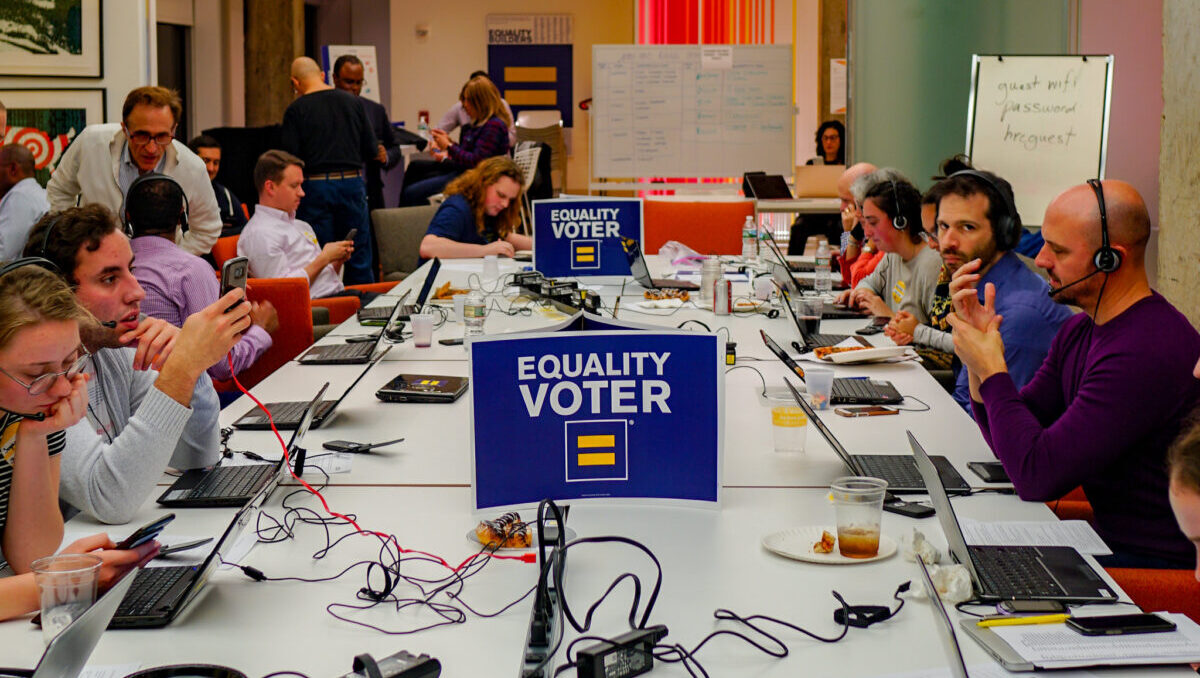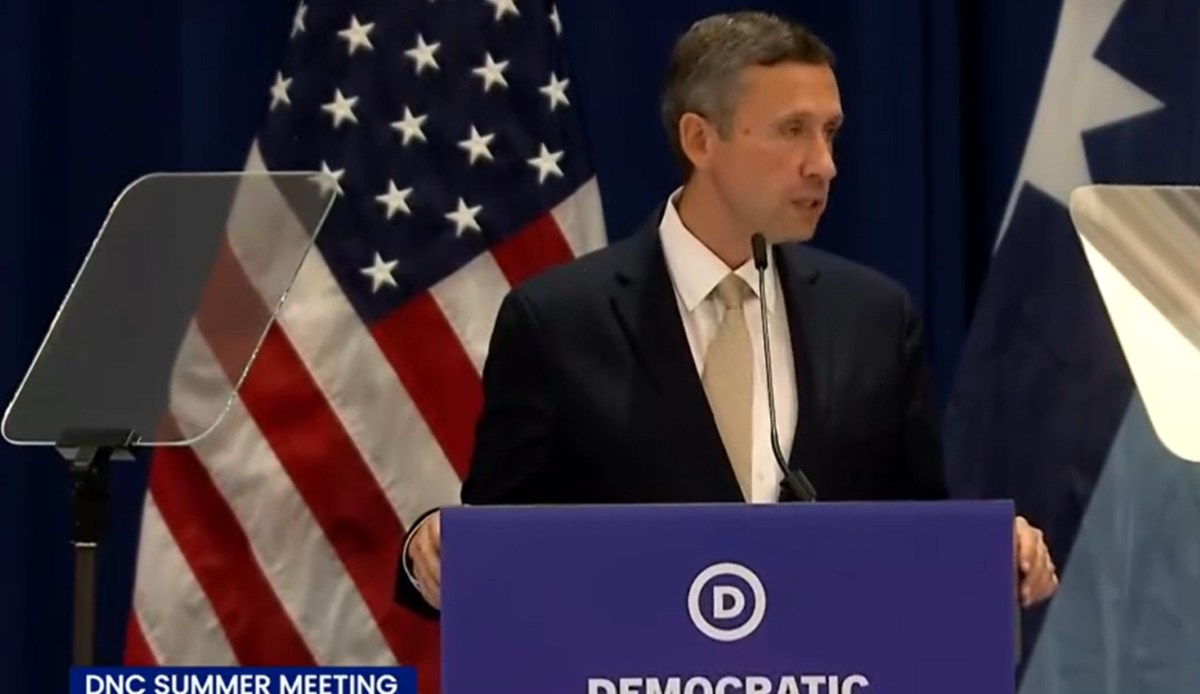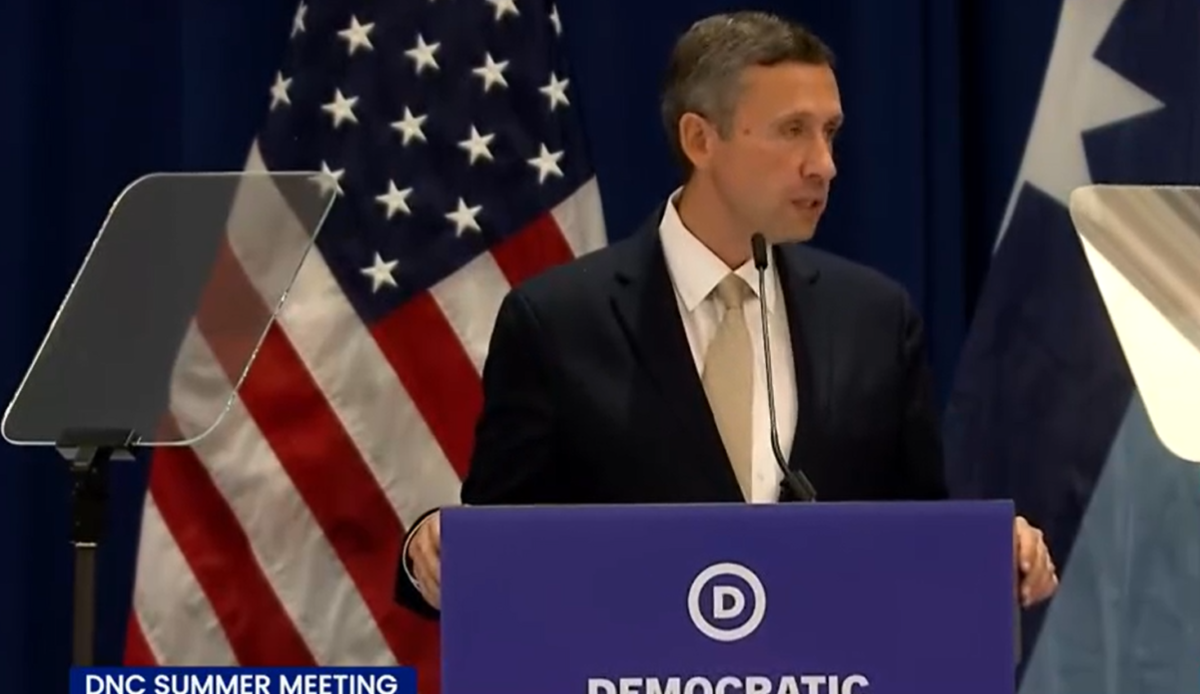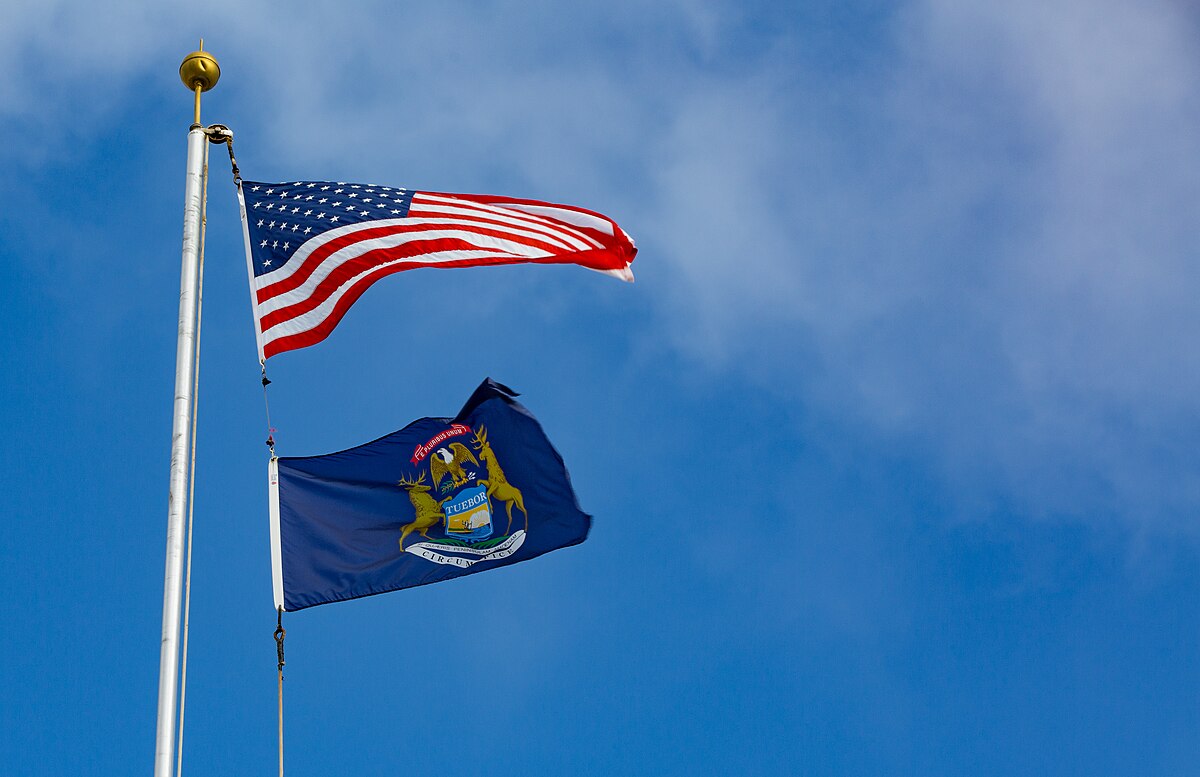A recent analysis by The New York Times has raised concerns about whether certain nonprofit organizations affiliated with the Democratic Party are violating IRS rules regarding voter registration and mobilization activities. The report suggests that these organizations, while claiming to be nonpartisan, may primarily serve to benefit Democratic candidates by targeting specific demographic groups.
The Times highlighted a network of nonprofits that have solicited donations without disclosing donor identities, aiming to register Black, Latino, and younger voters. The underlying assumption, according to the report, is that most of these new voters would support Democratic candidates. Critics argue that this approach reduces individuals’ political identities to their race, gender, or age.
“The left has relied on a sprawling network of nonprofits to register voters, and the assumption has been that most new voters registering would vote Democratic,” the Times reported.
This raises significant questions about the legality of these organizations’ activities. IRS regulations prohibit tax-exempt nonprofits from engaging in voter registration or get-out-the-vote efforts in a manner that favors one candidate over another. The report indicates that these organizations may have circumvented these rules by operating under the guise of nonpartisanship.
Among the organizations mentioned is the Voter Participation Center, which has solicited millions of ballot applications in key swing states. Its CEO, Tom Lopach, defended the organization’s mission, stating, “We focus on targeting underrepresented voting-eligible Americans.”
Another organization, the Everybody Votes Campaign, has reportedly collected and distributed hundreds of millions of dollars to promote voter registration among communities of color. Executive Director Nellie Sires described their mission as essential to closing the voter registration gap, attributing it to what she termed “modern forms of Jim Crow laws” such as voter ID requirements.
The implications of these findings extend beyond legal compliance. The Times noted that wealthy donors can receive tax breaks for contributions to these organizations, which may allow them to bypass limits on political contributions. A 2020 analysis by a Democratic Super PAC found that focusing on voter registration for underrepresented groups was significantly more cost-effective for achieving Democratic victories compared to traditional campaign methods.
From 2016 to 2021, the Everybody Votes Campaign reportedly raised over $190 million from major Democratic donors and organizations, including the League of Conservation Voters Education Fund and the George Soros-funded Foundation to Promote Open Society. These entities are classified as 501(c)(3) organizations, which are prohibited from engaging in biased voter education or registration activities.
In contrast, conservative organizations have not pursued similar strategies, partly due to concerns about scrutiny from the IRS following previous targeting of conservative groups during the Obama administration.
As the 2024 election approaches, questions remain about how these nonprofit organizations will operate and whether they will face increased scrutiny from authorities regarding their tax-exempt status. The situation highlights a potential loophole in campaign finance regulations that could have significant implications for future elections.
The Times’ analysis has sparked debate about the ethics and legality of using nonprofit organizations for political purposes, with some arguing that it undermines the integrity of the electoral process. Critics assert that the use of such organizations to mobilize voters based on identity politics represents a troubling trend in American politics.
As the conversation continues, the focus will likely shift to how both parties navigate the complexities of voter outreach and compliance with federal regulations in the lead-up to the election.
READ ICE Arrests Convicted Criminals in Nationwide Operation



